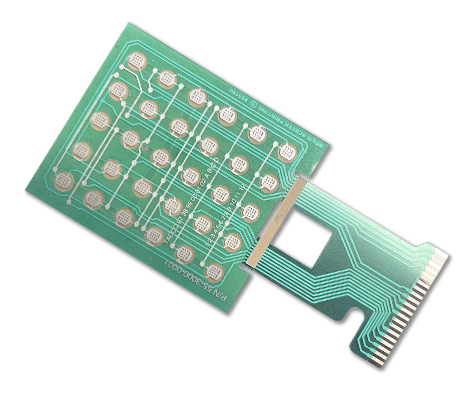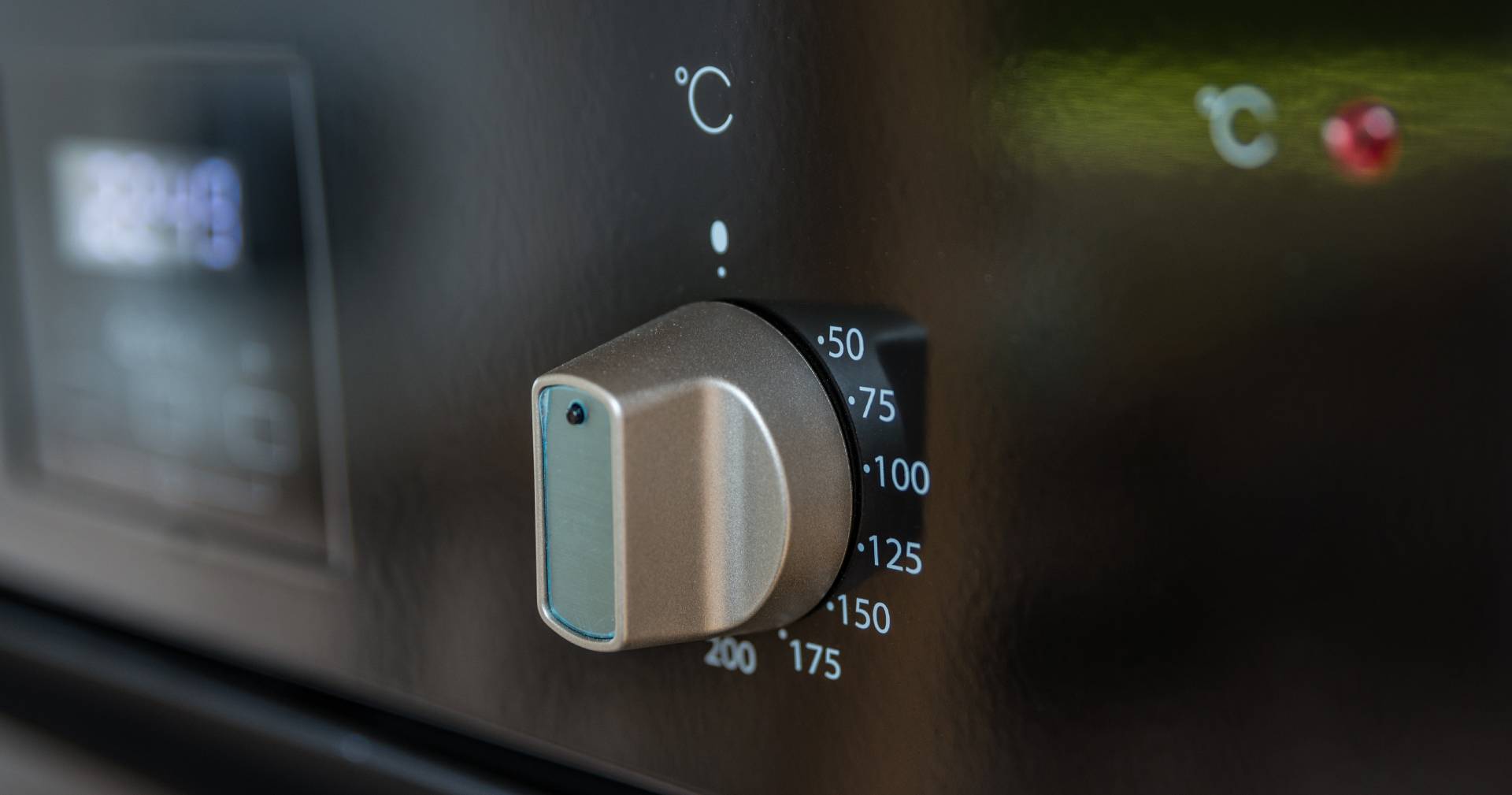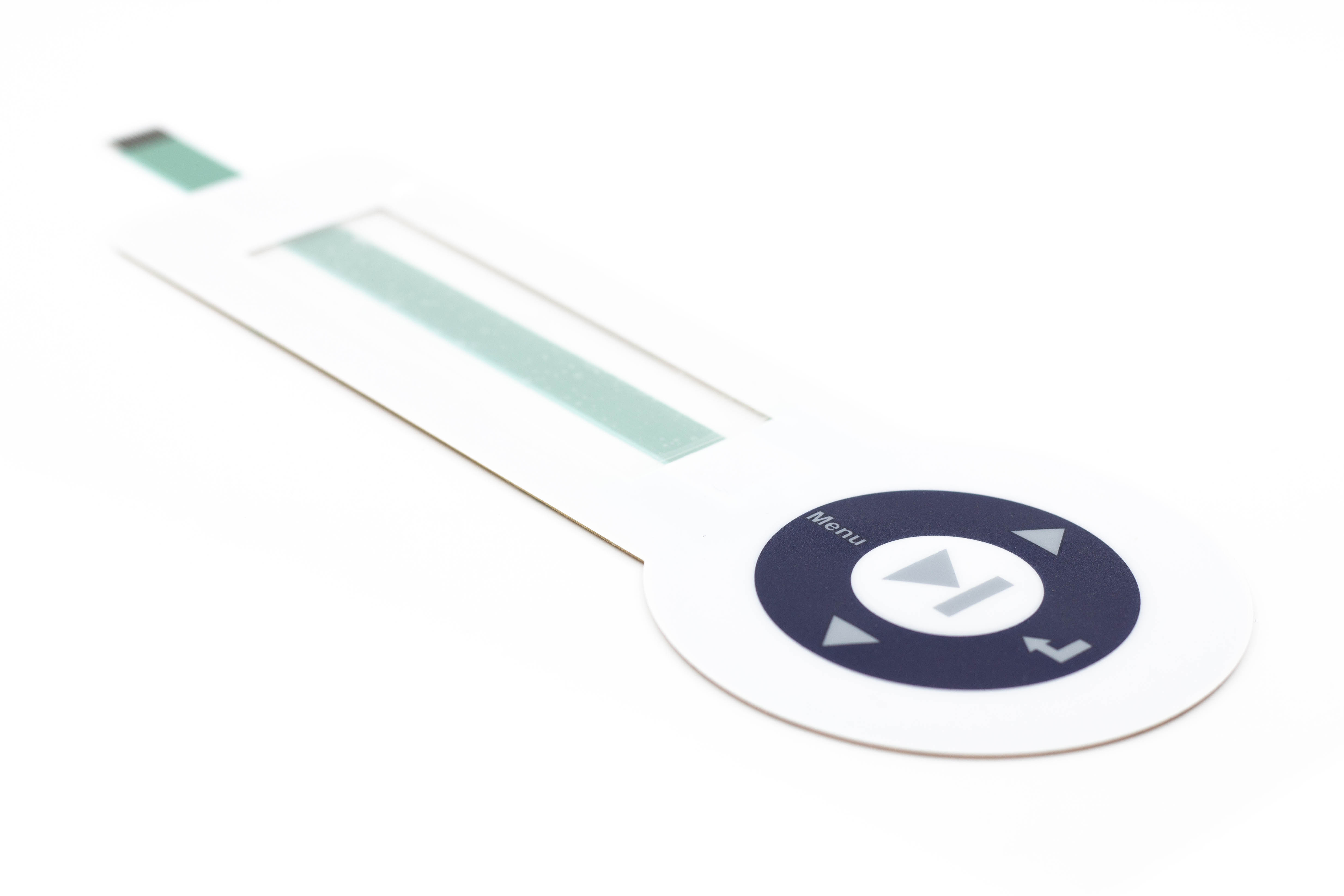The Benefits of Using Membrane Switches in Modern Electronics
Recognizing the Value of Membrane Switches in Interface
Membrane buttons are indispensable elements in the layout of effective individual interfaces, assisting in not only functionality but also boosting visual appeal and individual communication. As we check out the future fads and various advantages associated with Membrane technology, it becomes clear that these buttons are more than just parts; they represent a convergence of innovation and practicality.
What Are Membrane Switches?

The spacer layer, which includes glue residential properties, permits the separation of the circuit layer from the overlay, making sure that the switch stays in a non-activated state up until pressed. When pressure is applied to the overlay, it presses the spacer layer, connecting the void and finishing the circuit in the underlying layer. This layout not just lowers the physical space needed for standard mechanical buttons however likewise boosts the sturdiness of the gadget, as Membrane switches are normally immune to dust, dampness, and other ecological aspects.
Generally found in applications varying from customer electronics to clinical gadgets, Membrane switches are integral to modern technology, offering a efficient and user-friendly user interface that lines up with modern layout demands.
Benefits of Membrane Buttons
While numerous switch modern technologies exist, Membrane Switches deal distinctive benefits that make them particularly desirable in numerous applications. One of the primary benefits of Membrane buttons is their compact layout, which enables space-saving implementations in tools where actual estate is restricted. Their slim account not only boosts visual appeal however likewise promotes light-weight building.
One more substantial advantage is their resistance to ecological factors. Membrane buttons are generally sealed against wetness, dust, and contaminants, making them suitable for use sought after environments, such as medical gadgets and commercial equipment. This toughness extends the life-span of the button, reducing upkeep costs and improving dependability.
Additionally, Membrane switches can be tailored to meet certain style needs, including unique graphics and colors that boost customer communication. Their tactile feedback alternatives can likewise be customized to give a satisfying user experience. In addition, Membrane switches are cost-effective, particularly in high-volume applications, as they can be produced efficiently.
Applications in Different Industries

In the customer electronic devices market, Membrane buttons prevail in gadgets such as microwaves, washing makers, and push-button controls. Their tactile feedback and aesthetic options improve user experience while giving a sleek, modern appearance. Additionally, automobile suppliers use Membrane buttons in dashboard controls and infotainment systems, where area is restricted, and individual interaction is crucial.
Furthermore, the industrial sector leverages Membrane buttons in control panels for equipment and equipment, permitting intuitive operation in commonly harsh settings. Their resistance to chemicals and moisture guarantees durability and dependability in these applications. Generally, the versatility of Membrane Switches adds significantly to their prevalent usage, making them essential in numerous technological domain names.
Style Considerations for Membrane Buttons

When developing Membrane buttons, several essential considerations need to be thought about to make certain optimum performance and individual experience. Firstly, the selection of materials is critical; selecting long lasting, premium substratums can enhance the switch's durability and resistance to environmental variables such as wetness and temperature changes.
Secondly, the style of the visuals overlay need to focus on clearness and ease of use. Symbols and message must be understandable, and the format should assist in intuitive communication (membrane switches). Furthermore, responsive comments is important; including a responsive dome or various other devices can boost the user experience by providing physical verification of activation
Another see important factor is the button's electrical efficiency. Designers have to make certain that the conductive traces are effectively made to reduce resistance and look these up avoid signal disturbance. This includes analyzing the needed actuation pressure and ensuring compatibility with the electronic parts they will user interface with.

Future Fads in Membrane Technology
As innovation remains to advance, Membrane switches are poised to evolve significantly, driven by advancements in products and manufacturing strategies. One emerging trend is the incorporation of innovative materials, such as conductive inks and flexible substratums, which boost durability and lower the overall weight of Membrane switches. These materials not only enhance the tactile feedback but also enable the layout of switches that can endure harsher ecological problems.
Moreover, the assimilation of touch-sensitive innovations is transforming traditional Membrane Switches into even more interactive customer interfaces. Capacitive touch sensors installed within Membrane switch panels can provide an extra responsive and instinctive individual experience, lining up with the growing need for sleek, modern styles in consumer electronics.
Furthermore, developments in printing strategies, such as digital and 3D printing, make it possible for rapid prototyping and modification of Membrane switches. This flexibility allows producers to react quicker to market needs and customer preferences.
Last but not least, sustainability is ending up being a significant emphasis, with suppliers checking out environmentally friendly products and processes. As these trends unfold, the future of Membrane technology guarantees boosted performance, aesthetic allure, and environmental duty, strengthening their role in innovative user interfaces across numerous markets.
Verdict
To conclude, Membrane Switches stand for an essential part in the layout of customer interfaces, combining capability with visual flexibility. Their benefits, consisting more of durability and resistance to environmental factors, make them ideal for diverse applications across different sectors. Furthermore, thoughtful style factors to consider boost individual communication and experience. As improvements in technology continue, the evolution of Membrane buttons is expected to further refine customer interfaces, driving technology and boosting usability in a progressively intricate technical landscape.
Membrane buttons are integral elements in the layout of effective user interfaces, helping with not only performance yet likewise boosting visual appeal and customer interaction.Membrane Switches serve as an important part in numerous individual interfaces, facilitating a seamless interaction between users and digital devices.While many button technologies exist, Membrane Switches offer distinct advantages that make them especially desirable in various applications.Furthermore, Membrane buttons can be personalized to fulfill specific layout needs, incorporating special graphics and colors that boost individual communication.In final thought, Membrane Switches stand for an important component in the design of individual interfaces, integrating performance with aesthetic versatility.